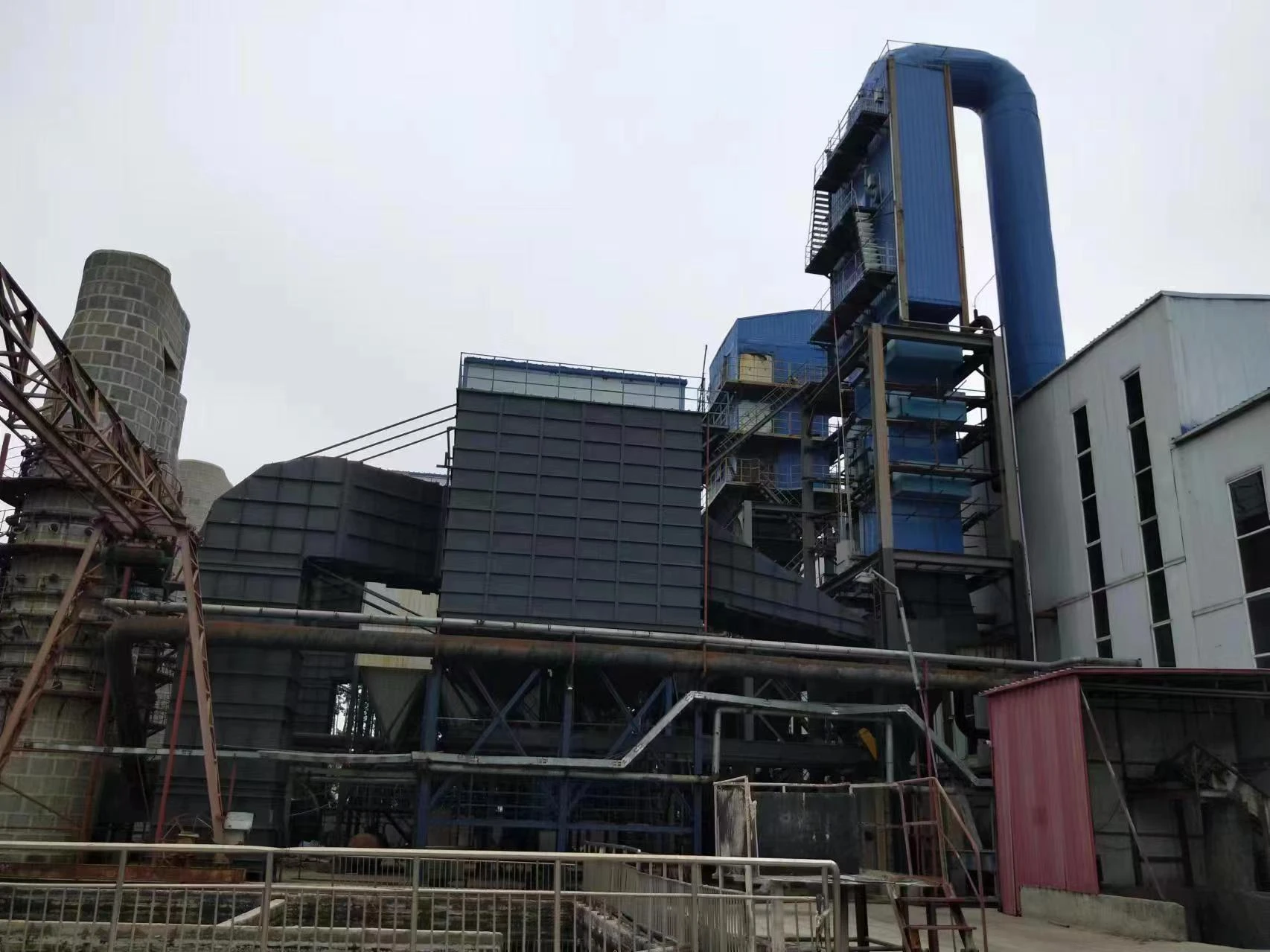
मई . 20, 2025 10:23 Back to list
High-Temp Thermal Oil Boilers Optimal Boiling Point Efficiency
- Understanding Thermal Oil Boiling Point and System Fundamentals
- Technical Advantages of High-Temperature Thermal Oil Systems
- Performance Comparison: Leading Thermal Oil Boiler Manufacturers
- Customized Solutions for Industrial Thermal Fluid Requirements
- Case Study: Optimizing Textile Production with Thermal Oil Technology
- Safety Protocols for Maintaining Optimal Boiling Points
- Future Trends in Thermal Oil Boiling Point Management

(thermal oil boiling point)
Understanding Thermal Oil Boiling Point and System Fundamentals
Thermal oil systems operate within precise temperature ranges, with boiling points typically exceeding 600°F (315°C) – significantly higher than water-based systems. Unlike boiling water boiler setups limited to 212°F (100°C) at atmospheric pressure, thermal fluids maintain liquid phase stability under extreme conditions. This characteristic enables industrial processes requiring 300-750°F (149-399°C) without pressurized containment.
Technical Advantages of High-Temperature Thermal Oil Systems
Modern thermal oil boilers demonstrate 92-96% thermal efficiency, outperforming steam systems by 18-22% in continuous operations. Key benefits include:
- Zero phase-change energy losses
- 30% reduced fuel consumption compared to steam alternatives
- Atmospheric pressure operation up to 600°F
Performance Comparison: Leading Thermal Oil Boiler Manufacturers
| Brand | Max Temp (°F) | Pressure (psi) | Energy Efficiency | Maintenance Cycle |
|---|---|---|---|---|
| ThermXcel Pro | 750 | 14.7 | 95% | 8,000 hrs |
| VaporTherm HT | 700 | 16.2 | 93% | 6,500 hrs |
| AquaSteam Plus | 450 | 245 | 88% | 4,200 hrs |
Customized Solutions for Industrial Thermal Fluid Requirements
Advanced systems adapt to specific process needs through:
- Variable viscosity control (±2% accuracy)
- Multi-zone temperature regulation
- Hybrid heat recovery configurations
Case Study: Optimizing Textile Production with Thermal Oil Technology
A major textile manufacturer achieved 23% energy savings by upgrading to thermal oil boilers. Process temperatures stabilized at 572°F (300°C) with ±1.5°F variance, improving dye fixation rates by 18% compared to previous steam systems.
Safety Protocols for Maintaining Optimal Boiling Points
Regular fluid analysis prevents thermal degradation. Best practices include:
- Quarterly flash point testing
- Viscosity monitoring every 500 operating hours
- Annual system decontamination
Future Trends in Thermal Oil Boiling Point Management
Emerging nano-enhanced thermal oils promise boiling points exceeding 800°F (427°C) with 40% improved heat transfer coefficients. These advancements, detailed in recent thermal oil boiler PDF research publications, will redefine high-temperature process capabilities while maintaining operational safety standards.

(thermal oil boiling point)
FAQS on thermal oil boiling point
Q: What is the thermal oil boiling point in a thermal oil boiler?
A: The boiling point of thermal oil in a thermal oil boiler typically exceeds 300°C (572°F), significantly higher than water. This allows it to transfer heat efficiently at high temperatures without vaporizing.
Q: How does a thermal oil boiler differ from a boiling water boiler?
A: A thermal oil boiler uses high-temperature oil instead of water, avoiding steam generation and enabling safer operation at extreme temperatures. Boiling water boilers rely on water’s lower boiling point (100°C/212°F), limiting high-temperature applications.
Q: Why are thermal oil boilers preferred for high-temperature industrial processes?
A: Thermal oil boilers operate at high temperatures (up to 400°C) without high-pressure systems, unlike water-based boilers. This reduces safety risks and equipment complexity while maintaining consistent heat transfer.
Q: How does thermal oil maintain its stability near its boiling point?
A: Thermal oils are chemically engineered to resist degradation and oxidation at high temperatures. Closed-loop systems in thermal oil boilers minimize exposure to air, ensuring stable performance near their boiling points.
Q: Where can I find a detailed thermal oil boiler PDF guide?
A: Detailed thermal oil boiler PDF guides are often available from manufacturers’ websites or industry portals. These documents cover operational guidelines, safety standards, and maintenance procedures for thermal oil systems.
-
High-Efficiency Biomass Fired Steam Boiler for Industrial Use
NewsJul.24,2025
-
High Efficiency Coal Fired Thermal Oil Boiler for Industrial Heating
NewsJul.23,2025
-
High-Efficiency Gas Fired Thermal Oil Boiler for Industrial Heating
NewsJul.22,2025
-
High-Efficiency Commercial Steam Boilers for Sale | Oil & Gas
NewsJul.22,2025
-
Reliable Biomass Thermal Oil Boiler Manufacturers
NewsJul.21,2025
-
Steam Boiler System Diagram & Schematic Efficient Heating Solutions for Industry
NewsJul.08,2025
Related PRODUCTS






















